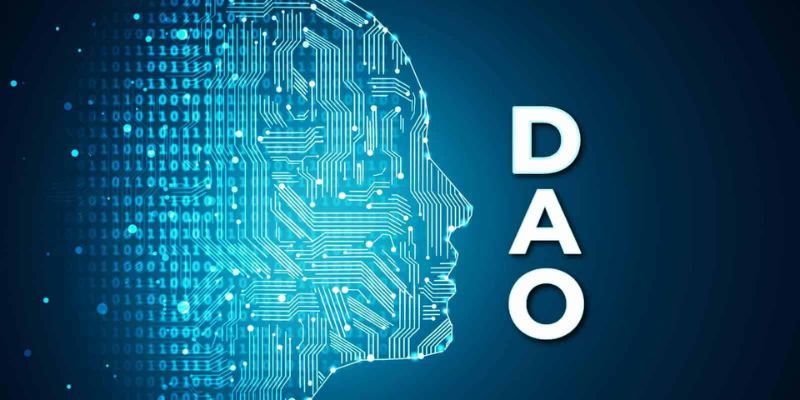UK Is Preparing To Bring DAOs Under Law
The UK government has asked the country’s Law Commission to study decentralized autonomous organizations (DAO). The government-funded independent body will conduct a probe on how to bring the system of governance for crypto projects under law.
The UK is Preparing to Legalize DAOs.
The Law Commission of England and Wales – an independent body tasked with reviewing and updating laws – has been asked by the UK government to conduct a study on how decentralized autonomous organizations (DAO) can be brought under existing laws. The government-funded body has launched a 10-week ‘call for evidence’ asking DAO users and experts to provide more information on its structure of governance and how they can be incorporated into the judicial system.

Decentralized Autonomous Organizations or DAOs are a new form of legal structure run by community members who share a common goal and act in the best interest of the entity instead of having a central body that makes decisions. The blockchain-based system is commonly used to make governance decisions regarding cryptocurrency, decentralized finance (DeFi) and non-fungible token (NFT) projects. DAOs are open-source entities set up for investment, fundraising or charitable purposes. Although the system leverages the trustless, immutable and transparent mechanisms of blockchain technology, they are yet to be structured under a nation’s law.
“Huge amounts of value flow through are created, used and sometimes lost by DAOs. This raises questions about their legal status, the liabilities of those who participate in them, and the rules and regulations that apply to them,” noted the commission.
The Law Commission will investigate each of these issues and produce a report on how DAOs can operate under the existing laws of England and Wales while identifying areas of law and regulation that will require reforms. The commission is consulting industry experts to prepare the report.
“DAO’s are said to offer multiple benefits to market participants, incentivizing cooperation and innovation, leveling the playing field, reducing the scope for human error, lowering costs, and increasing transparency. Yet their legal and regulatory status is unclear. Our work will aim to build consensus on the best ways of describing the constituent elements of DAOs and to highlight ways in which the law of England and Wales might foster their development,” said Sarah Green, the Law Commissioner for Commercial and Common Law.

The probe will study the underpinnings of the decentralized system and enquire on various subject matters like the relationship between DAOs and centralized institutions; status of investors and token holders; legal liability of open-source code developers; structure of governance and decision-making process; ways in which DAOs will file taxes and annual returns, and how it can tackle illicit activities like money-laundering.
Also Read UAE Financial Regulator Adopts Blockchain Technology To Speed Up Commercial Judgements
In July, the government-funded independent body released another report recommending reforming the UK’s personal property law to include cryptocurrencies and NFTs. Last month, lawmakers in Britain’s lower house of parliament – the House of Commons, voted in favor of the ‘Financial Services and Markets Bill’ which will recognize crypto assets as regulated financial instruments. The appointment of Rishi Sunak as Prime Minister has accelerated the UK’s goal to become a global crypto hub. The former Minister of Finance and Chancellor of the Exchequer is known to be an open advocate for Bitcoin and other cryptocurrencies.
The Law Commission is encouraging anyone with knowledge or experience in DAOs to respond to the call for evidence on its project website before January 25, 2023.
Also Read Cardano Developer Funds $4.5 Million Research Hub At Edinburgh University